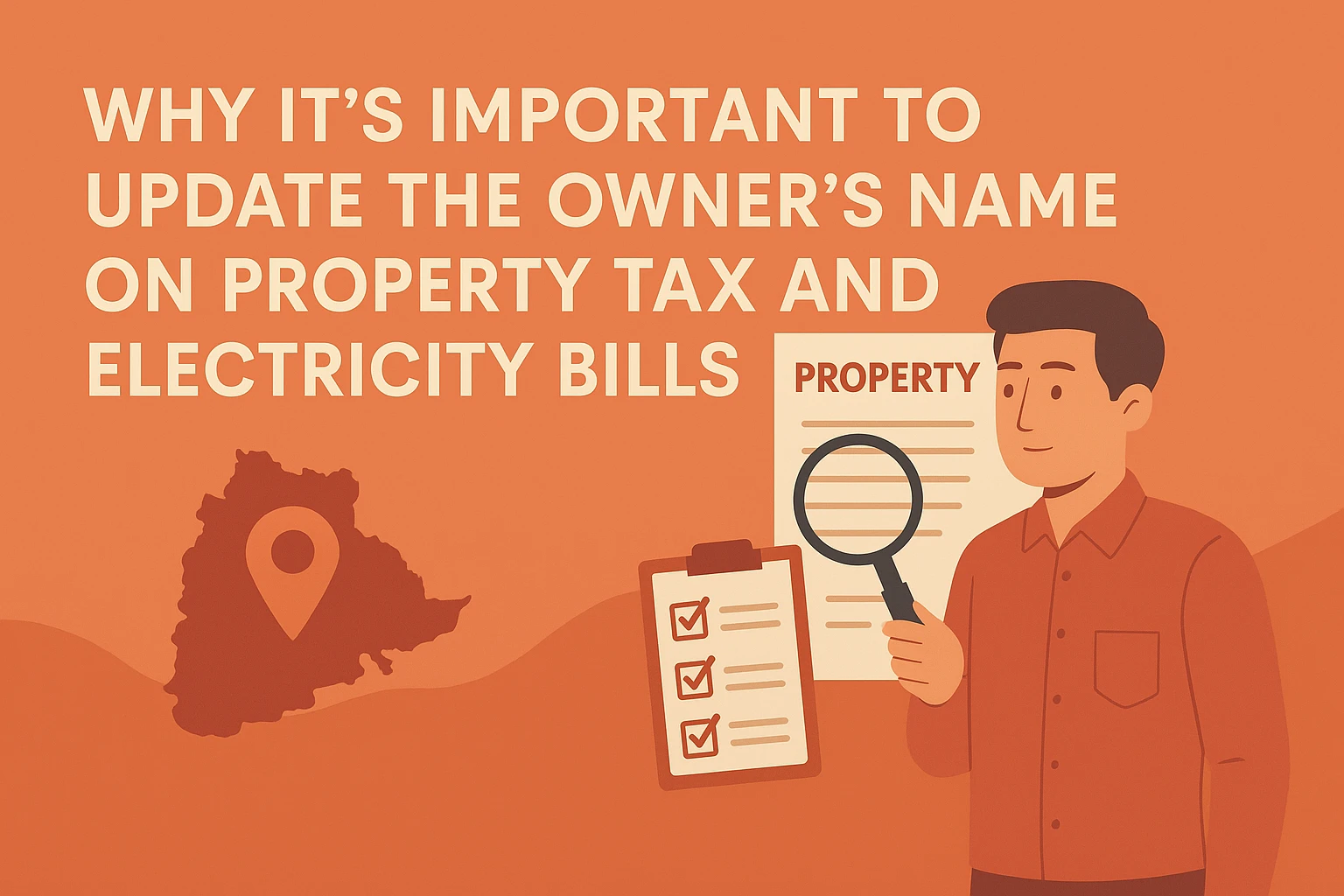The real estate market has evolved significantly with the advancement of technology. One such innovative platform is transforming how we buy and sell property through JaaGa.ai. We provide a seamless, efficient, and data-driven approach to real estate transactions, making it easier than ever to navigate the complex world of property sales and purchases.
Whether you're a first-time homebuyer, an experienced investor, or a property seller, understanding how to leverage the power of JaaGa.ai can save you time, effort, and money. Here's a detailed guide on how to use JaaGa.ai to buy and sell property.
5 Legal Considerations for Buying or Selling Real Estate Property
Real estate transactions involve significant legal complexities that buyers and sellers must carefully navigate. Whether you’re purchasing your first home or selling an investment property, understanding the legal requirements is critical to avoiding costly mistakes. Below are five key legal considerations to keep in mind during the property buying or selling process.

1. Title and Ownership Verification
Before finalizing any property transaction, it’s crucial to verify the property's legal title and ensure that the seller has the rightful ownership. This step helps confirm that there are no legal disputes, liens, or encumbrances that could interfere with the sale. Buyers should request a thorough title search from a legal professional to ensure a clean and marketable title.
For sellers, ensuring that the title is clear before listing a property helps prevent delays and complications during the transaction. Having clear documentation of ownership and resolving any disputes or claims beforehand will help facilitate a smooth sale.
2. Purchase Agreement Review
The purchase agreement is the cornerstone of any real estate transaction. It outlines the terms and conditions of the sale, including the sale price, deposit amount, contingencies, and closing date. Both buyers and sellers should ensure that this contract is carefully reviewed by a real estate attorney to avoid ambiguities and unfavorable terms.
For buyers, reviewing contingencies—such as inspection results or financing conditions—can protect you from unforeseen risks. Sellers, on the other hand, should ensure the agreement doesn’t leave room for last-minute price renegotiations or extended closing delays.
3. Disclosure Requirements
In many jurisdictions, sellers are legally required to disclose specific information about the property, such as structural issues, environmental hazards, or prior repairs. These disclosure statements are designed to provide buyers with a clear understanding of what they’re purchasing and protect them from unforeseen problems.
Failing to disclose key details can lead to legal consequences for sellers, including lawsuits. Buyers should thoroughly review all disclosures and consider conducting an independent inspection to verify the property’s condition.
4. Zoning and Land Use Regulations
Understanding zoning laws and land use regulations is essential for both buyers and sellers. Zoning laws dictate how a property can be used, whether for residential, commercial, or mixed-use purposes. Buyers should ensure that the property’s zoning aligns with their intended use, while sellers should confirm that the property complies with local regulations to avoid legal complications during the transaction.
For example, if you’re buying a property to convert it into a rental or commercial space, you need to verify that the zoning permits such use. Sellers should ensure that any modifications or changes to the property, such as additions or renovations, adhere to local zoning requirements.
5. Closing Process and Documentation
The closing process is the final step in a real estate transaction, where the buyer and seller finalize the deal, sign legal documents, and transfer ownership. During this stage, it's important to have all necessary legal documents in order, including the deed, title transfer, and any loan or mortgage agreements.
Both parties should work with legal professionals to review the closing documents and ensure that everything is in place for a smooth transfer. Buyers should also verify that all agreed-upon repairs or conditions have been met before completing the purchase.
Conclusion
Whether you’re buying or selling real estate, being aware of these legal considerations is essential to ensure a smooth and secure transaction. Consulting with a real estate attorney or legal expert can help you navigate the complexities, safeguard your interests, and avoid potential legal issues down the line.



